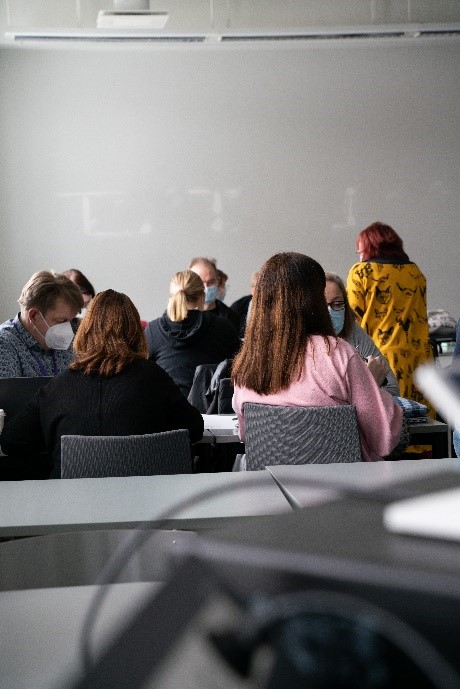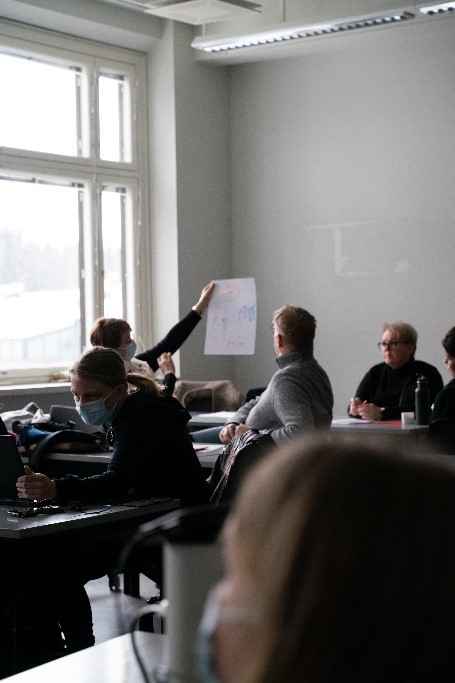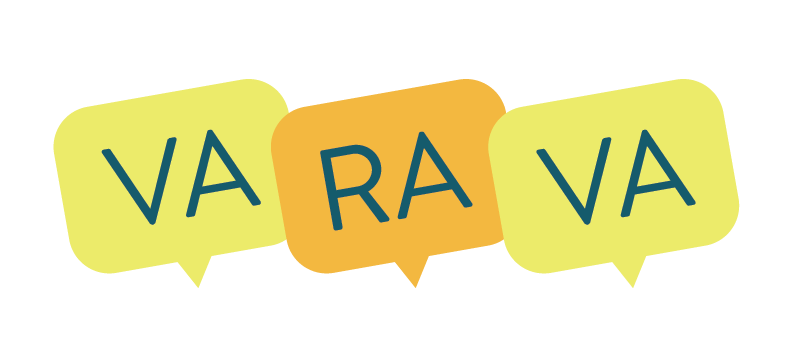Panu Artemjeff, yhdenvertaisuusasiantuntija ja tutkija.
I have recently thought about what kind of place, space or organization could be free of discrimination, racism and bullying. Becoming free for example from discrimination sounds liberating at first, and even simple, but considering this matter further opens deeper view of this complicated societal question. What exactly is liberty and how can one promote it?
According to philosopher Isaiah Berlin liberty has been understood in two fundamental ways for the last centuries. According to one view, liberty means freedom from external restrictions, obligations and interference. Free movement of an object, as Galileo called it. In societal context this idea of liberty refers to becoming free of external compulsions, such as when foreign powers try to influence others, and this is a central element in the stories of nation states where they have tried to become independent. Democratic institutes should try to strive for constant evaluation of their actions and recognizing and acknowledging critical voices should be seen as a strength, which tells about the capability to develop the equality of institute’s actions.
Becoming free of discrimination and racism is also often perceived as becoming free of discriminating actions of some society, group, or institution. This necessitates fighting and for the actor who maintains discrimination to become aware of the problems of their own actions. However, the ability of communities and individuals to recognize and acknowledge features of their exclusive actions is often flawed. We want recognition in positive light, not negative. This leads to thinking in which for example racism and racist people are always seen somewhere else, outside oneself and the organization.
This leads to thinking in which for example racism and racist people are always seen somewhere else, outside oneself and the organization.

Another view of liberty which Isaiah Berlin describes, has to do with society’s or community’s freedom to set their own rules based on the principles they see fit. According to him, this democratic (positive) concept of liberty owes especially to thinkers such as Immanuel Kant, who searched for solution to the moral dilemma that holds the society together, after religious authority weakened.
Becoming free of discrimination and racism is also often perceived as becoming free of discriminating actions of some society, group, or institution. This necessitates fighting and for the actor who maintains discrimination to become aware of the problems of their own actions. However, the ability of communities and individuals to recognize and acknowledge features of their exclusive actions is often flawed. We want recognition in positive light, not negative. This leads to thinking in which for example racism and racist people are always seen somewhere else, outside oneself and the organization.
Setting non-discrimination as a fundamental right is itself a moral and political act. However, fulfilling this promise does not happen spontaneously in a society, where individuals and communities fight over their places in the arena of social acknowledgment. Making someone else feel inferior can work as a technique to make oneself feel superior. Breaking legal principles should result in sufficient social consequences if one wants those to affect the behavior of people. It is important that the principles are made visible, but even more important is that the principles have an effect in the social hierarchy level. There should be sanctions for discriminating behavior. The role of organization’s management is particularly important when it comes to this goal.
How you treat other people influences their freedom and vice versa. That is why all types of prejudice and stereotypes, which we all have, are significant obstacles in actualizing freedom.
According to Axel Honneth, who developed recognition theory, understanding freedom requires one to take into consideration a third aspect. According to Honneth, freedom, which he calls social freedom, is something we experience only through other people and their contribution. Our self-image and ability to take action are bound to how others view us and how we acknowledge them in turn. Eventually, this mutual existence determines how freely we can be what we want to be, will we be accepted, or do we feel that we don’t get recognition if we are who we are. As such, real freedom is a form of co-existing or a result of social action which empowers all parties involved. How you treat other people influences their freedom and vice versa. That is why all types of prejudice and stereotypes, which we all have, are significant obstacles in actualizing freedom.

Becoming free of discrimination requires, at least, transition of laws and principles that prohibit discrimination to social norms, the ability for organizations and communities to recognize and change their own actions that have discriminatory effects, and responsibility of every individual to mutually acknowledge another person without discriminatory prejudice or attitudes.
